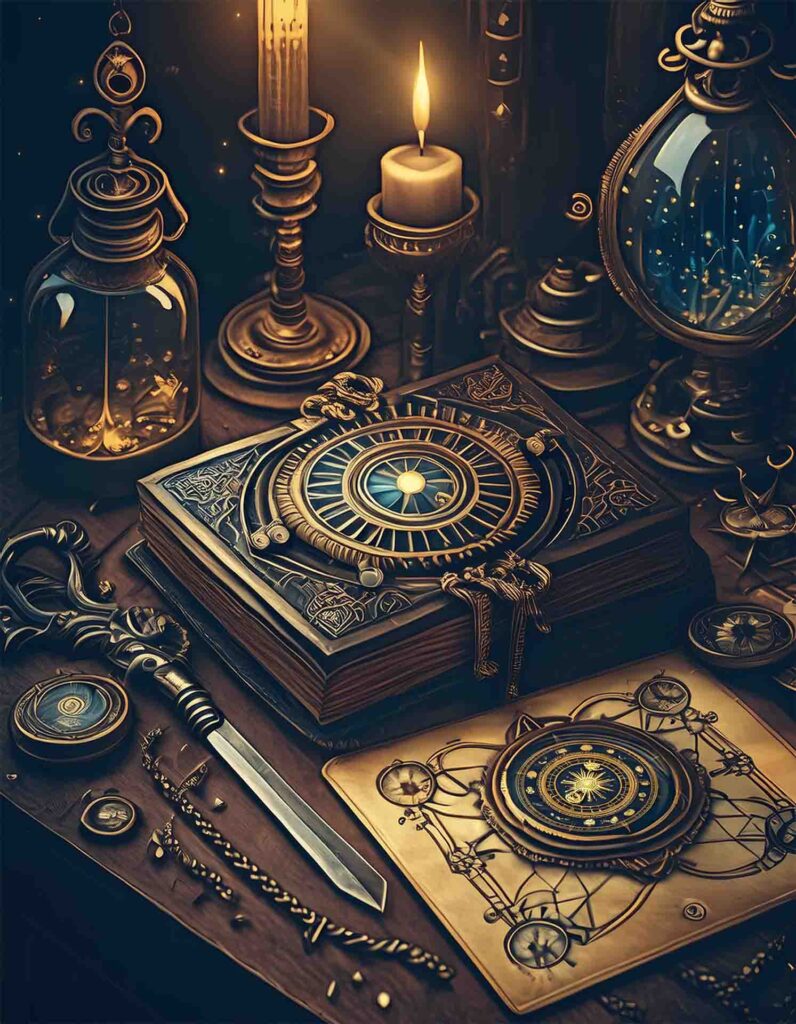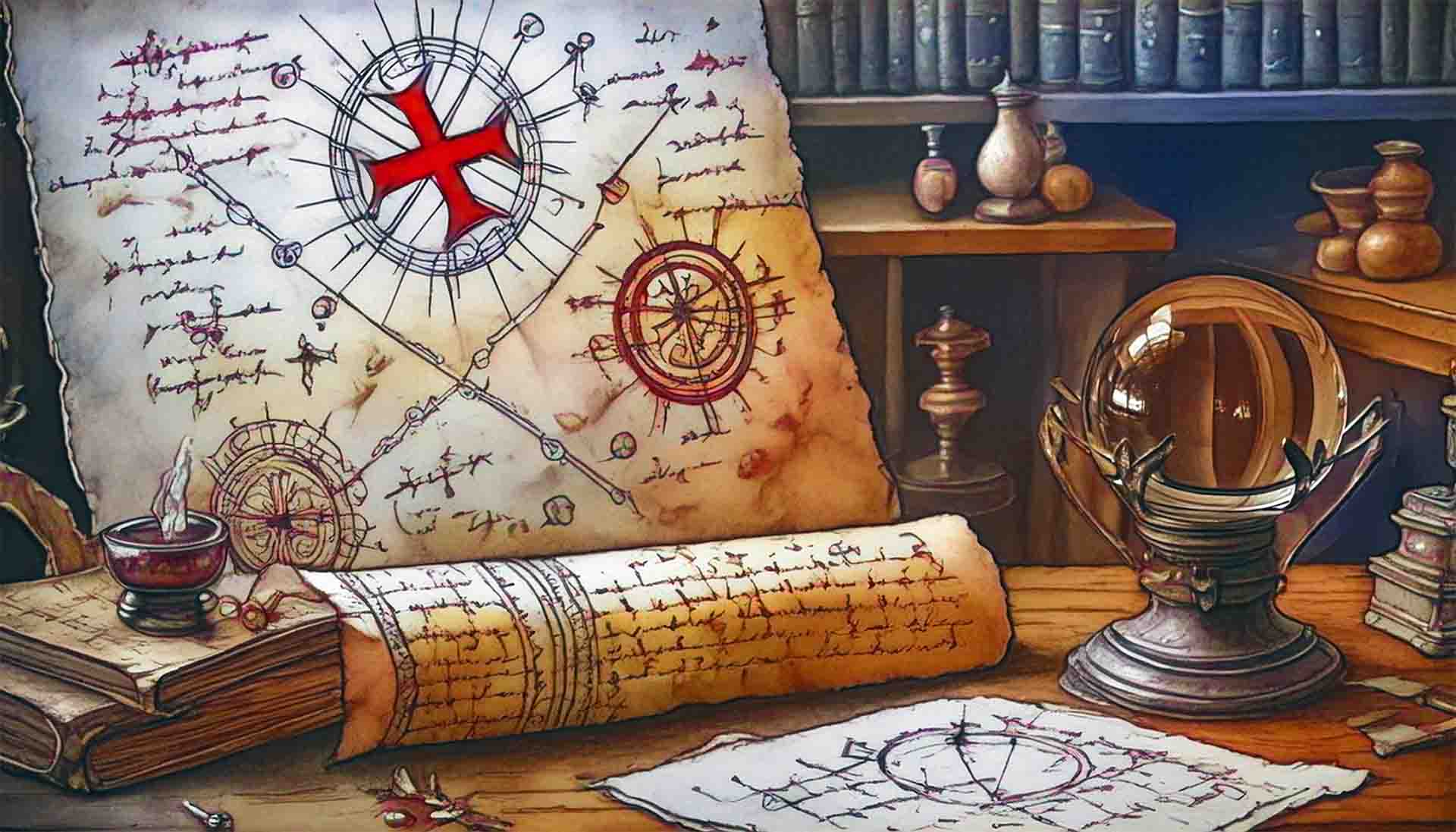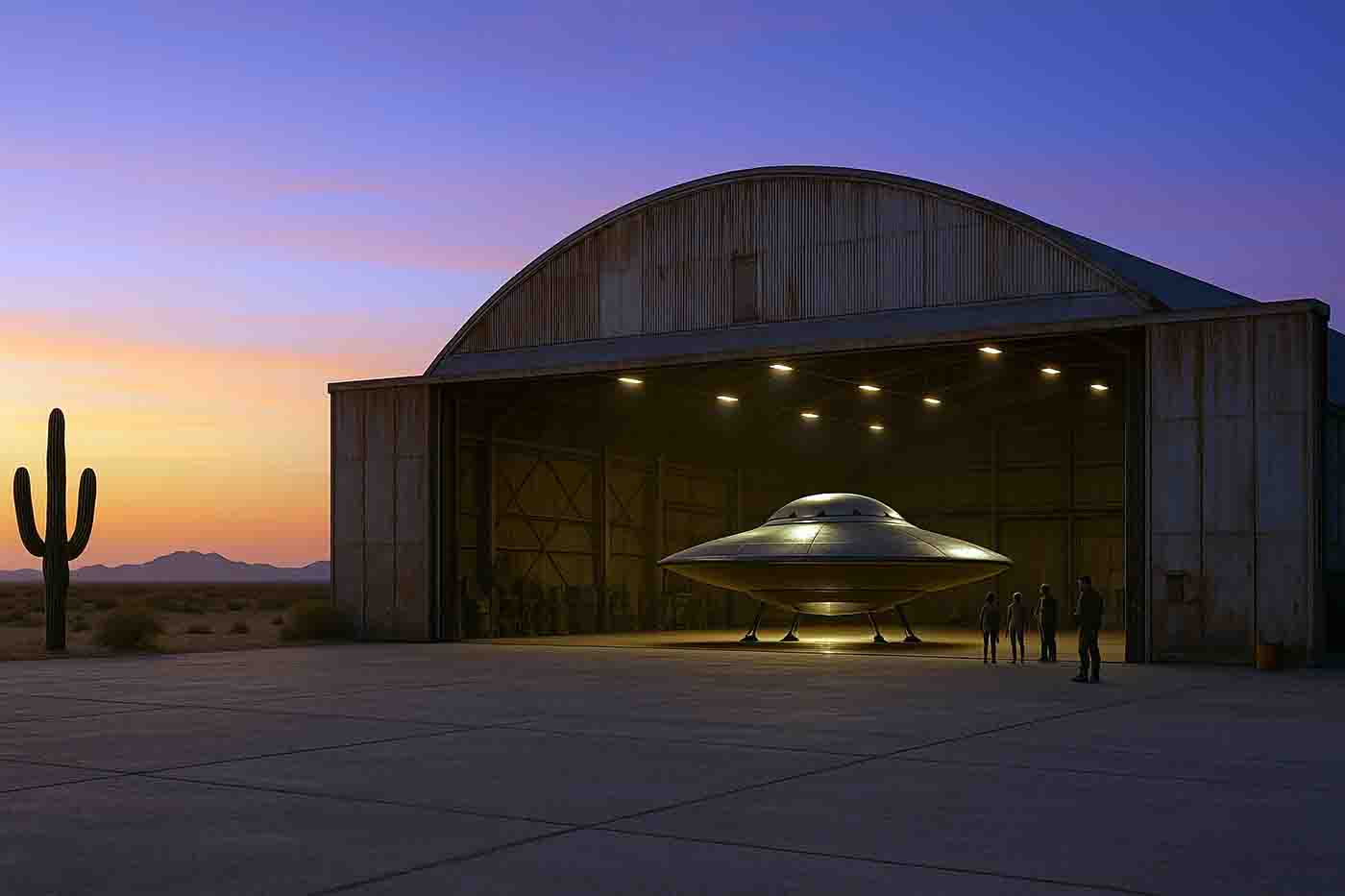The human fascination with the occult has been a perpetual phenomenon, transcending centuries and civilizations. From ancient mysticism to modern-day paranormal obsessions, the allure of the unknown has captivated individuals worldwide. A prime example of this enduring fascination is Hitler’s fascination with the occult, which has sparked both intrigue and terror, as the notorious leader of Nazi Germany leveraged mysterious powers to fuel his twisted ambitions.
Hitler’s interest in the occult began during his formative years in Vienna, where he was exposed to various esoteric teachings and mystical beliefs. The writings of German occultists, such as Guido von List and Lanz von Liebenfels, heavily influenced his worldview. These ideologues drew inspiration from ancient Germanic and Nordic mythologies, which emphasized the superiority of the Aryan race. Hitler saw these teachings as a means to justify his ideological ambitions, leveraging the mystique of the occult to fuel his vision for a Third Reich.
One of the primary occult beliefs that Hitler subscribed to was the idea of Ariosophy, which posited that the Aryan race was destined for greatness due to its connection to the divine. This ideology was further reinforced by his fascination with the Thule Society, a German occult group that sought to reclaim the lost knowledge of ancient Germany. The society’s emblem, the swastika, would later become the symbol of the Nazi Party.
Hitler’s fascination with the occult extended beyond mere ideology; he actively incorporated mystical practices into his daily life. He was known to consult with astrologers and clairvoyants, seeking guidance on matters of state and war. The leader’s ascetic lifestyle, replete with vegetarianism and teetotalism, was also a reflection of his occult convictions. His regime’s emphasis on symbolism, such as the use of runes and other esoteric motifs, further demonstrates the occult’s profound influence on Nazi ideology.

The occult also played a significant role in Hitler’s military strategies. The Nazi leader believed in the concept of ” Welteislehre” or “World Ice Theory,” which posited that the Earth’s ice caps held the secrets of the universe. This bizarre theory led him to direct resources towards the development of unconventional weapons, such as UFO-like flying saucers and other exotic technologies.
Despite the Nazi regime’s collapse, the allure of the occult persists, captivating modern audiences. The reasons for this fascination are multifaceted. On one hand, the occult represents a rebellion against the monotony of modern life, offering a sense of mystery and control in an unpredictable world. On the other hand, the occult’s emphasis on secret knowledge and exclusive societies taps into humanity’s innate desire for belonging and power.
Hitler’s fascination with the occult serves as a cautionary tale about the dangers of exploiting mysticism for political gain. The occult’s dark allure can lead individuals down a dangerous path of extremism and violence, as seen in the atrocities committed by the Nazi regime. As we continue to fascination with the mysterious and the unknown, it is essential to approach these topics with a critical and nuanced perspective, recognizing both the allure and the risks associated with the occult.
Sources:
- “The Occult Roots of Nazism” by Nicholas Goodrick-Clarke
- “Hitler’s Monsters: A Supernatural History of the Third Reich” by Eric Kurlander
- “The Nazi War on Occultism” by Julie A. Lightfoot



